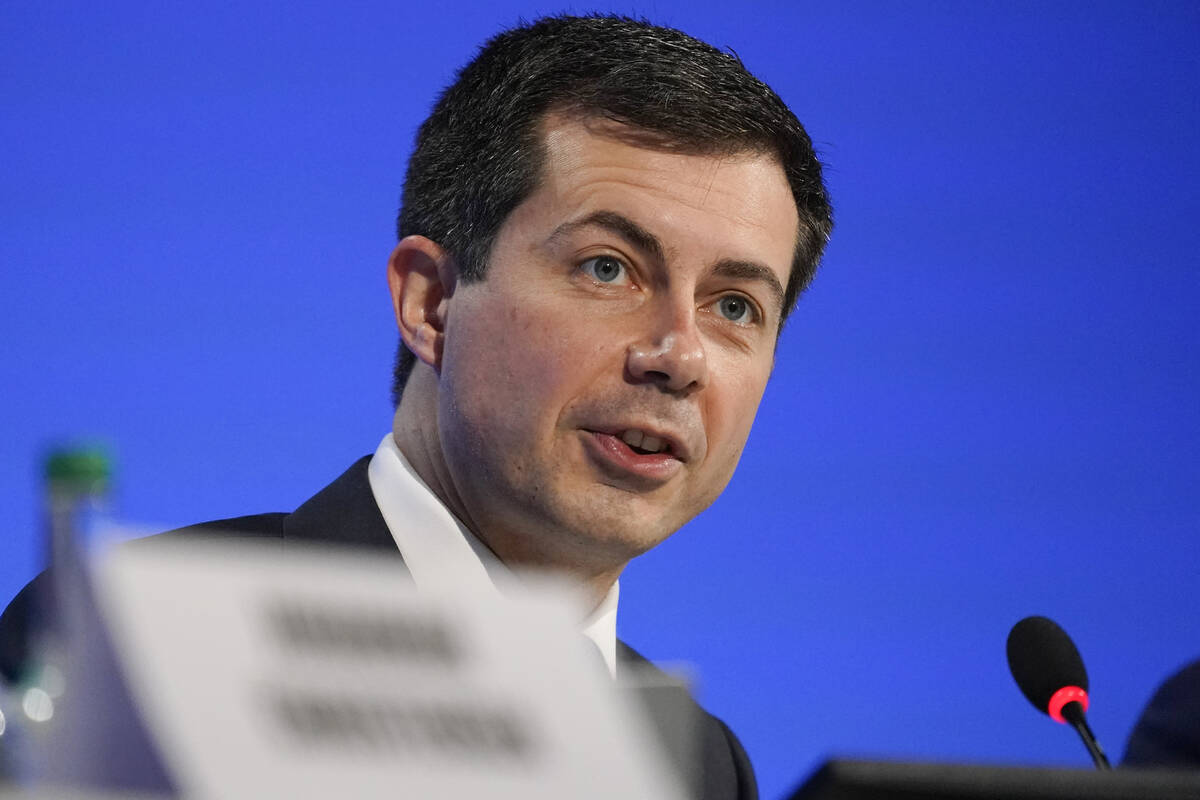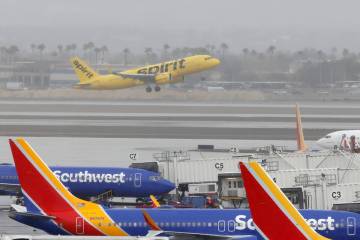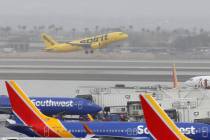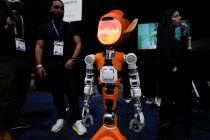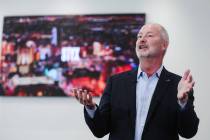Buttigieg describes government’s role in fostering innovation
Transportation Secretary Pete Buttigieg told a CES audience Thursday that his department’s role will be to support some of the innovations appearing on the trade show floors.
Buttigieg appeared remotely on the second day of the three-day event as the show’s final keynote speaker.
“It’s not the job of policymakers to guess or to dictate how and when these advancements (in technology) unfold,” Buttigieg said. “But our role in supporting, fostering and safeguarding the work of transportation innovation is vital, and it comes at an exceptionally important time in the story of American transportation. The decade ahead will bring countless transformative changes in how people and goods move around the country and around the world, and the Department of Transportation will be there working with innovators like those at CES to help support these patterns of innovation and make sure these developments benefit the American people.”
Buttigieg said his department has six guiding principles in assisting the private sector develop transportation innovation.
Those principles include providing public policies that create economic opportunity, equitable access to transportation and that confront climate change; helping America win the 21st century in the face of global competition; and using strategies that support workers and create economic benefits for everyone.
They also include allowing for experimentation; centering on opportunities to collaborate between the public, private and academic sectors; and being flexible and ready to adapt as technology changes.
“As policymakers, we have to prioritize,” Buttigieg said. “We have to assess which important innovations will develop on their own and which require federal support for basic research. We must consider when a technology should be given as much room as possible to develop on an experimental basis and when it’s reached a point when it raises concerns that require regulation to keep the American people safe.”
He said that means the government needs “to know when to lean in and when government should seek to get out of the way.”
Buttigieg said some of the best transportation innovations are the ones that nearly go unnoticed.
“As a former mayor, I’m especially interested in innovations that work best when no one even notices they’re there, like pavements that last longer or are even self-healing so that you don’t ever experience a rough road or a pothole and the damage to your car that goes with it. Those kinds of developments may not sound sexy compared with something like commercial space travel, but pavement innovation may do more for Americans in our lifetime than most exciting transportation innovations that are out there.”
But he did acknowledge the big surge in electric cars and autonomous vehicles.
“(We’re seeing the) rise of electric and autonomous vehicles, the widespread adoption of recreational and commercial drones, renewed attention to cybersecurity laws in our infrastructure, increasingly routine commercial space travel, and the high-stakes race to dramatically reduce transportation’s impact on our climate before it’s too late,” he said.
Buttigieg said the bipartisan infrastructure legislation recently signed into law represents a big opportunity for the government to support transportation through safety improvements.
“Government didn’t invent the plane, the train or the automobile, but government did build airports, lay tracks and construct highways,” he said. “Good government makes sure each of these innovations were safe to people who count on them everyday.”
He noted that over the years, government has been essential in keeping transportation safe, citing the passage of laws requiring airbrakes and automatic couplers on trains, and the establishment of federal regulatory agencies for air travel.
“When the first commercial airplanes took to the skies, hundreds of them crashed or went missing every year,” he said. “So America created the FAA — the Federal Aviation Administration — and the national Air Traffic Control system. Today, flying is the safest way to travel.
“History often celebrates the individual visionaries behind so many of our greatest achievements, and rightly so. But often history forgets that good government and wise policies played a very important role in supporting the development of many, if not most, of our greatest technologies.”
Buttigieg said American companies and scientists are at work every day, pushing the boundaries of what is possible in transportation.
“And our department is at work every day preparing for these developments, supporting them directly or indirectly, and maintaining the guard rails that help those technologies unfold in ways that are safe, equitable and clean,” he said.
Contact Richard N. Velotta at rvelotta@reviewjournal.com or 702-477-3893. Follow @RickVelotta on Twitter.



